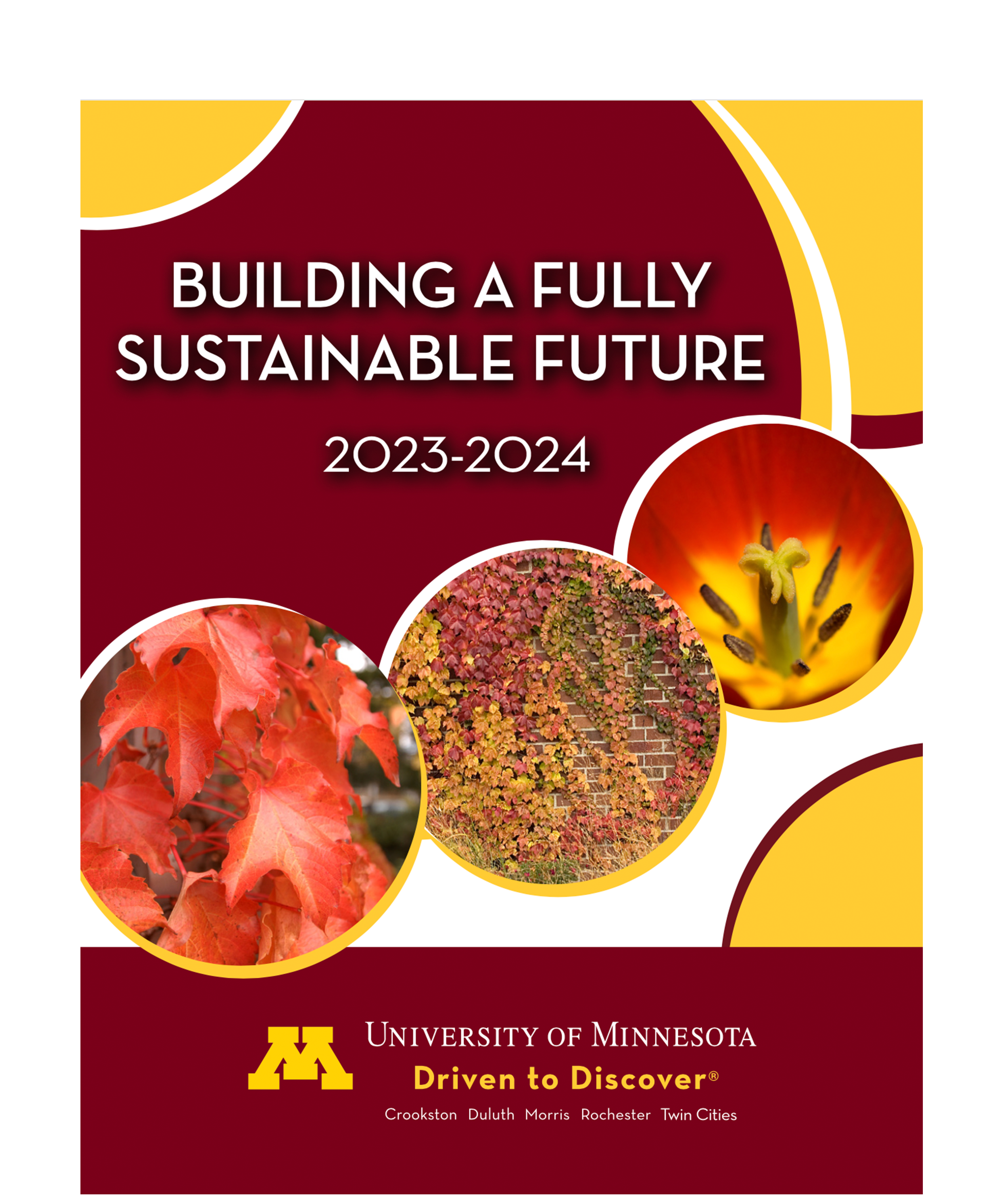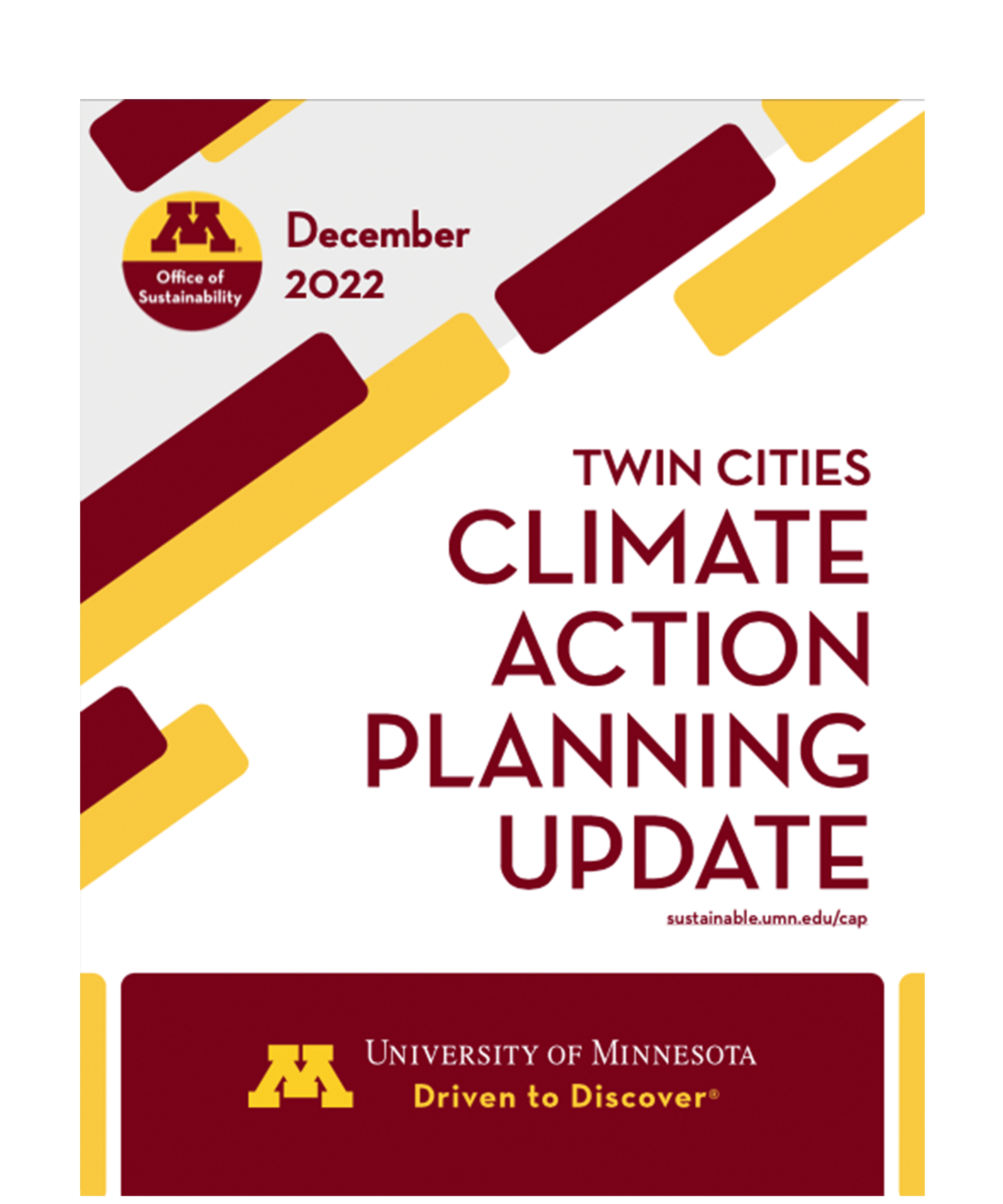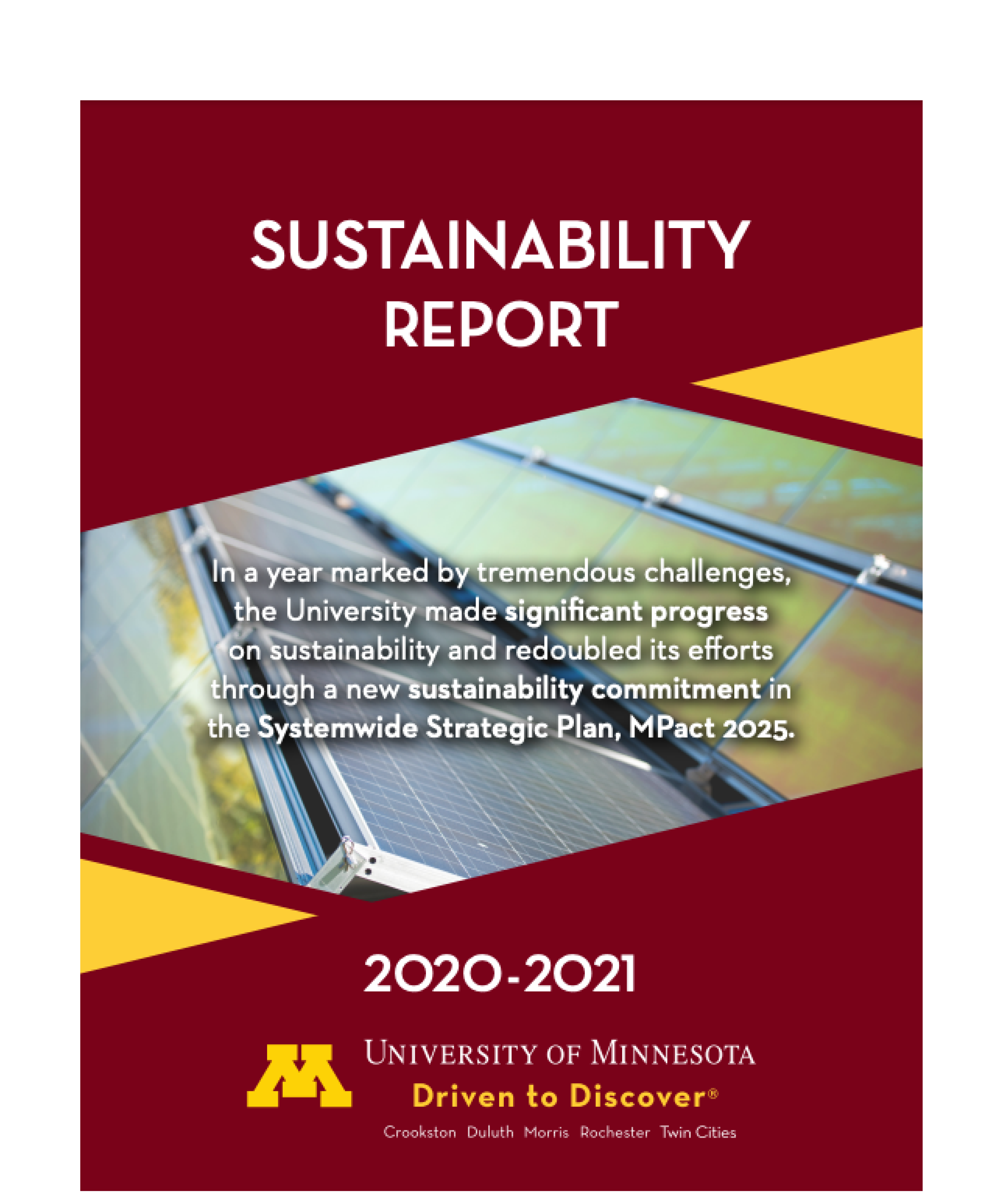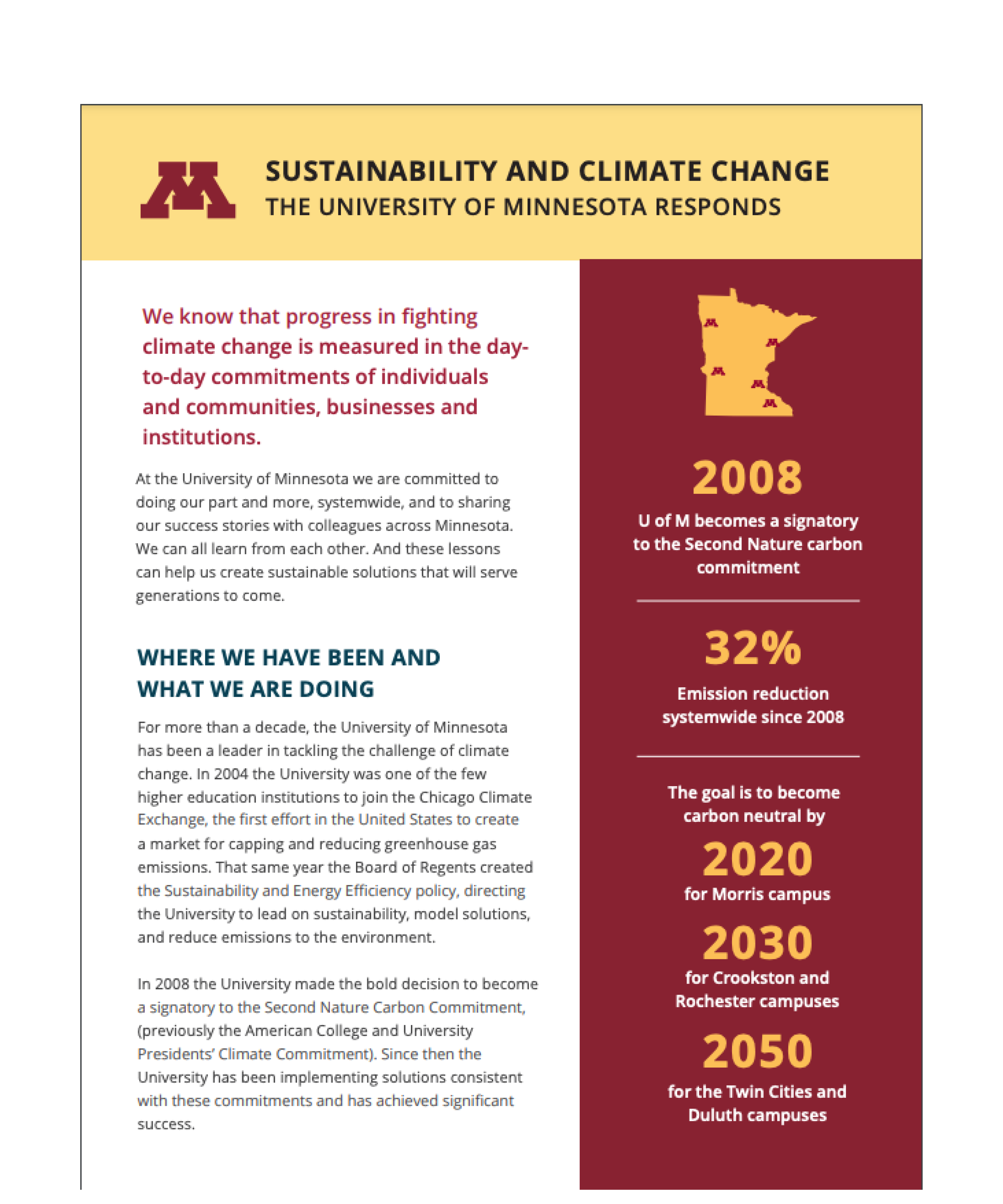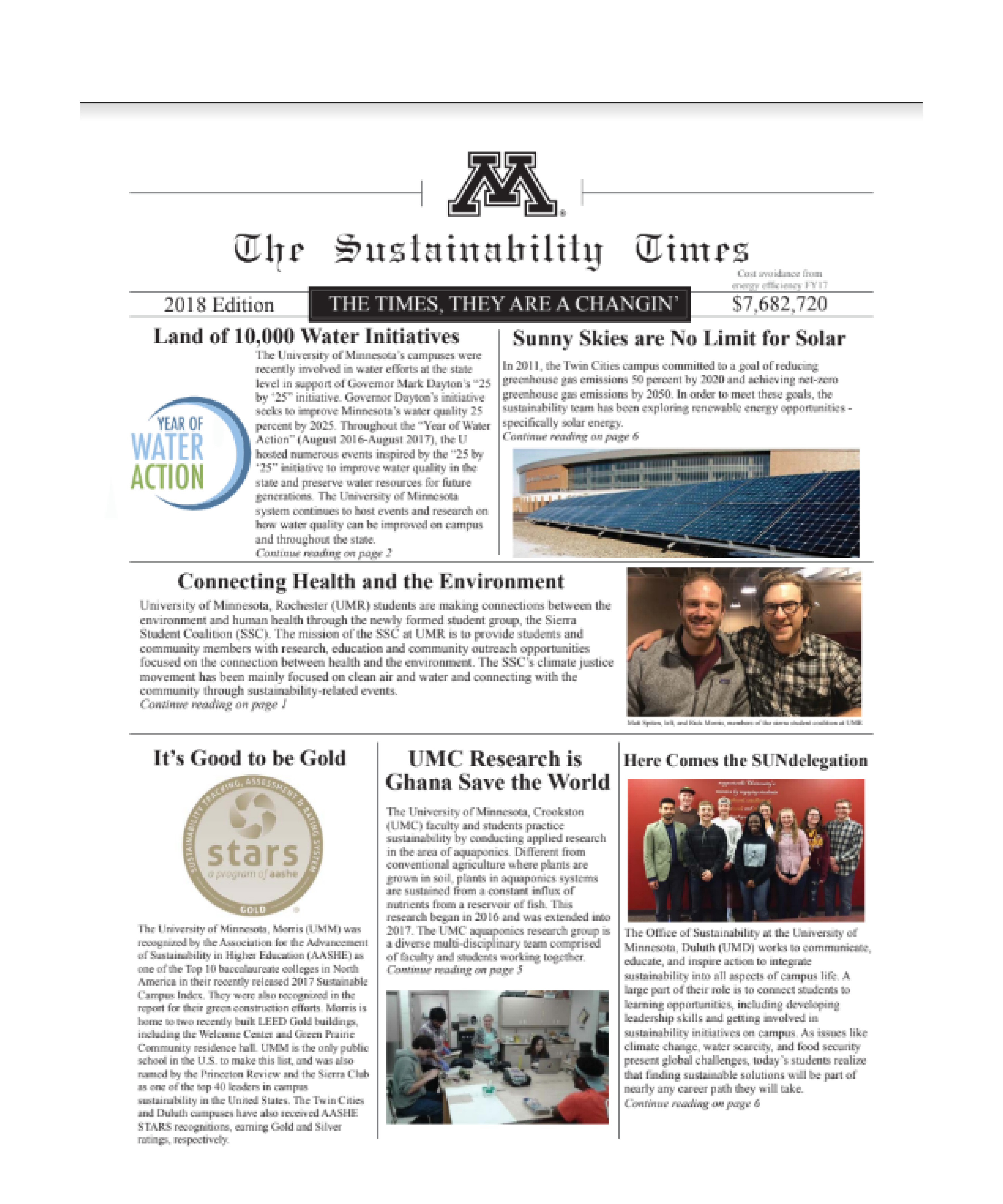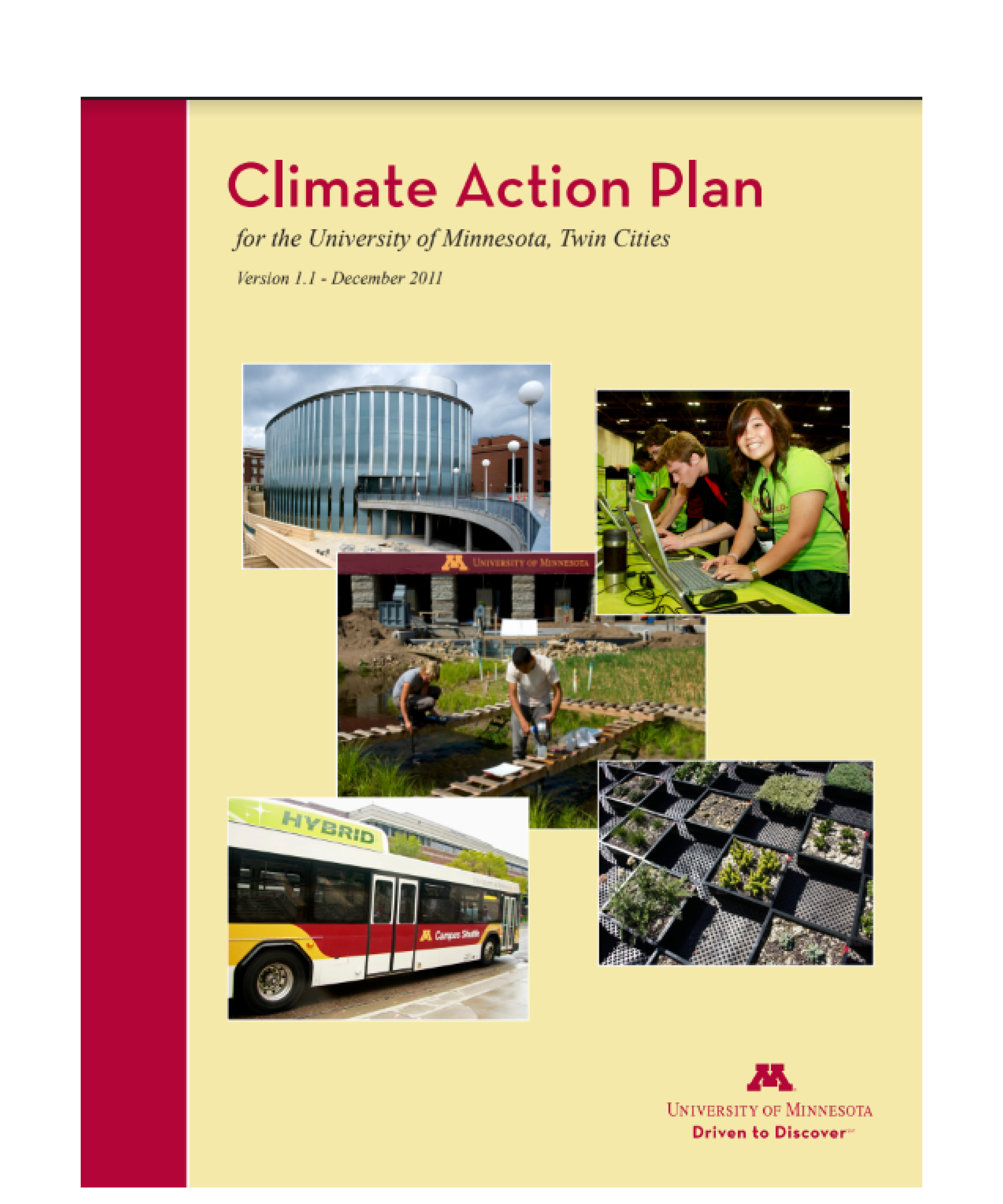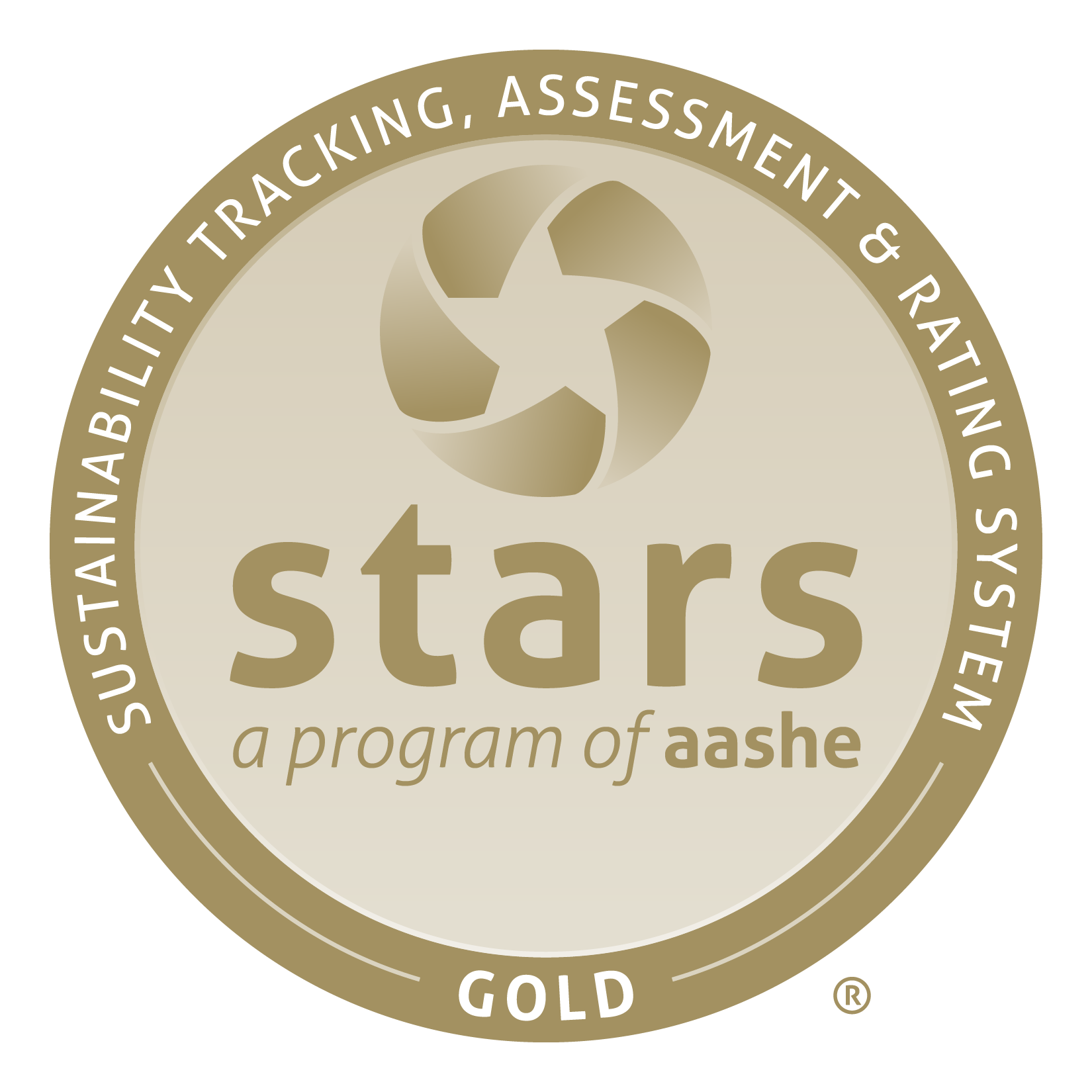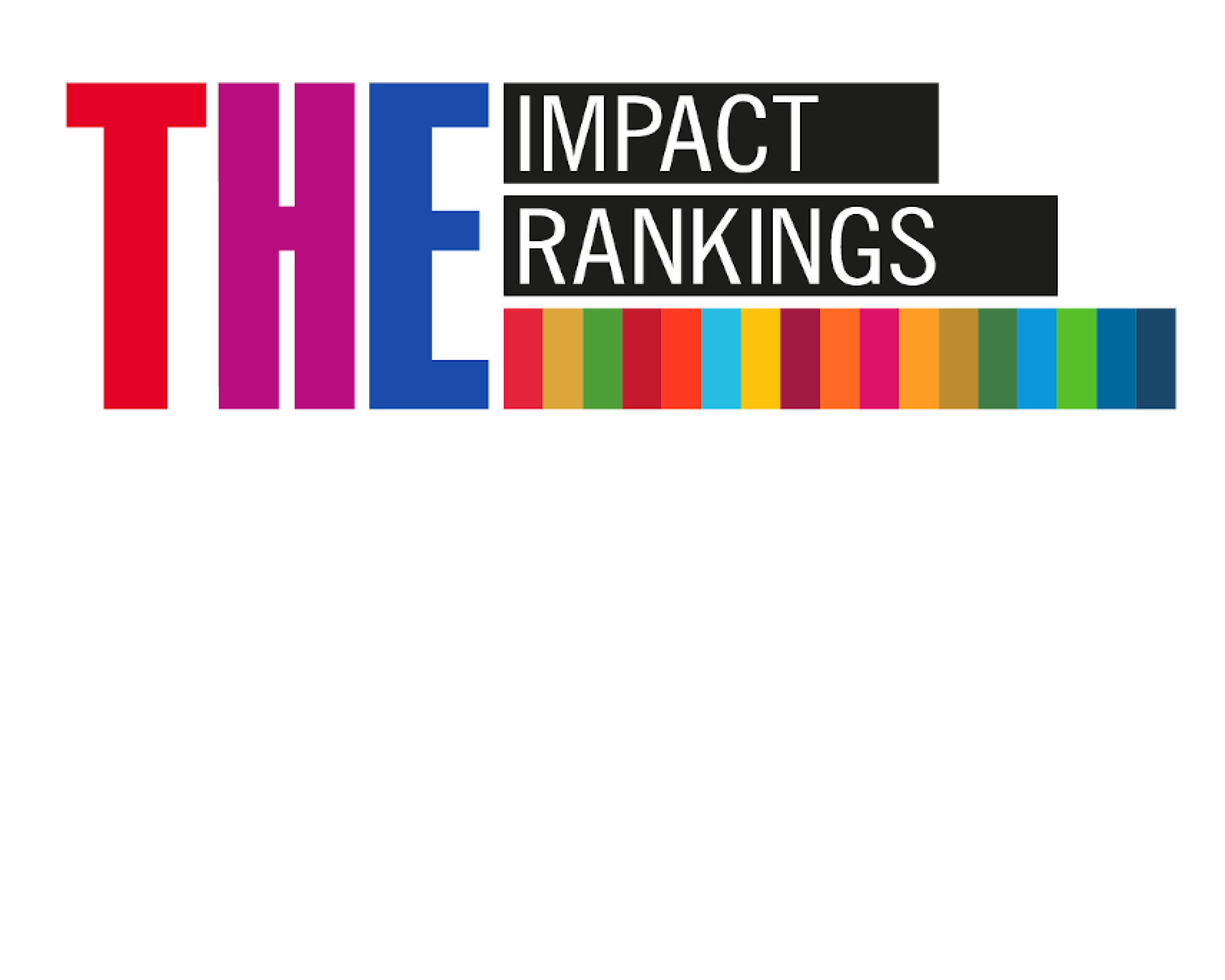
Times Higher Education Impact Rankings
The Times Higher Education Impact Rankings assess universities against the United Nations’ Sustainable Development Goals (SDGs). Carefully calibrated indicators provide comprehensive and balanced comparison across four broad areas: research, stewardship, outreach and teaching. The University of Minnesota system was ranked as follows in its inaugural submission in 2021:
80.4 / 100
score on our inaugural Times Higher Education Impact Rankings submission
Ranked #16
in the world and #5 in the US for our work related to combating hunger
Ranked #2
in the US and tied for #57 in the world for our work related to promoting good health and well-being
AASHE Sustainability Tracking, Assessment & Rating System™ (STARS®)
The University of Minnesota Twin Cities received a Gold rating on the Association for the Advancement of Sustainability in Higher Education (AASHE) Sustainability Tracking, Assessment & Rating System™ (STARS®) in 2023, demonstrating sustainability performance in research, curricular, co-curricular, operations, planning, and administrative categories. Aligning with MPact 2025, each campus in the University of Minnesota system will pursue a Gold rating on the STARS® tool by 2025. This is the fourth STARS® submission by the Twin Cities campus since 2011 and the second Gold rating. The STARS® report is publicly available at z.umn.edu/STARSgold.
Highlights of the University's score include:
Research
The University received 16.79 out of 18 points for research, highlighting the many researchers engaged in sustainability research, support for sustainability research, and open access to research. The student sustainability research program, the Institute on the Environment’s ACARA Program, is a leadership incubator program open to students from any discipline who want to be part of solving real-world challenges, like equitable access to clean water, health care, energy, and healthy food. Finalists receive mentorship on developing proposals and pitches, as well as support in refining their goals and creating a viable launch program.
Curriculum
Programs such as the Environmental Sciences, Policy and Management (ESPM) undergraduate program and the Master of Science in Science, Technology, and Environmental Policy program enhance sustainability curriculum at the University and the stand-alone, interdisciplinary Sustainability Studies Minor immerses undergraduate students in the exploration of real-world problems from a variety of academic perspectives, incorporating disciplines from across the natural, social and applied sciences through curriculum and programs such as the Undergraduate Leaders Program.
Community Partnerships
The University received full points for community partnerships, recognizing the University District Alliance, Hennepin-University Partnership, and Regional Sustainable Development Partnerships (RSDP). RSDP and other organizations collaborated on GreenStep Cities/Tribal Nations: a statewide voluntary challenge, assistance, and recognition program to help cities achieve their sustainability and quality-of-life goals.
Diversity and Affordability
The University earned 8.3 out of 10 points for diversity and affordability, highlighting programs to support and recruit from underserved groups, provide tuition assistance, and provide support through Living Learning Communities and The Multicultural Center for Academic Excellence, and more. The College MADE (Multicultural Access, Diversity, and Equity) Initiative provides individual colleges within the University with data-driven approaches to increase representational diversity, improve campus climate, and create partnerships to grow diversity, equity, and inclusive excellence across our campuses. The Circle of Indigenous Nations (COIN) recruits, retains and supports graduation of American Indian/First Nations and Alaska Native students and strives to bridge the richness of the surrounding American Indian communities with the strengths of the University’s research, education and teaching.
Engagement
Orientation, Student Life, and Outreach earned full points for their work on Welcome Week and other initiatives and events. The Office of Sustainability engages with students during the annual Sustainability Action Fair, part of Welcome Week, to emphasize the importance of sustainability on campus.
Water
Features across campus including rain gardens and rainwater harvesting for cooling buildings and flushing toilets earned a high score in rainwater management.
Other Awards and Achievements
Highlights include:
- 2024 U of M System ranks fifth in US in sustainability impact, among the top 10 percent worldwide, and among the top five in the U.S. in the categories of clean water, climate action, zero hunger, and health and well-being in the Times Higher Ed (THE) Impact Rankings; Huntington Bank Stadium and University of Minnesota recognized as Waste Leader for 50%+ diversion from landfill by the Green Sports Alliance
- 2023 University of Minnesota Twin Cities receives STARS® Gold rating; UMN Twin Cities has the highest waste diversion rate in the Big Ten at more than 55%
- 2022 ULSCA Sustainability Award for the U Market Services Package and Waste Reduction project
- LEED certified buildings on campus include Bruininks Hall (Gold) and Huntington Bank Stadium (Silver), which was the first LEED Certified football stadium in the country
- 2022 Award for Sustainability in Healthcare Management Education and Practice - UMN School of Public Health
- 2022: University of Minnesota is #23 in the EPA's Top 30 college and university Green Power Partners list
- 2021 Bicycle Friendly University Platinum Award and Bicycle Friendly Business Platinum Award from the League of American Bicyclists, in recognition of the University’s achievements in promoting and enabling safe, accessible bicycling on campus
- 2020 Twin Cities campus earns Bee Campus USA designation
- 2019 ACEC of Minnesota Honor Award: University of Minnesota Combined Heat and Power Plant
- Minnesota B3 2018: Best of B3 IEQ - Workplace: UMTC Recreation and Wellness Center Expansion
- Minnesota B3 2017: Best of Leadership: University of Minnesota Twin Cities
- 2017 Accredited Sustainable Fleet Award from the National Association of Fleet Administrators (NAFA)
- 2016 Top Project: University of Minnesota Bee and Pollinator Lab
- 2015 Top Project: M Health Clinics and Surgery Center
- CenterPoint Energy Most Innovative Project of the Year 2014: University of Minnesota CHP Plant
- 2015 University of Minnesota Twin Cities receives STARS® Gold rating
- 2010 Xcel Energy Efficiency Expo: Largest Electric Savings - Commercial Customer: University of Minnesota, 1796 kW
- Chicago Climate Exchange recognition for achieving the highest compliance standards for greenhouse gas reductions available in North America today (2003-2006)

